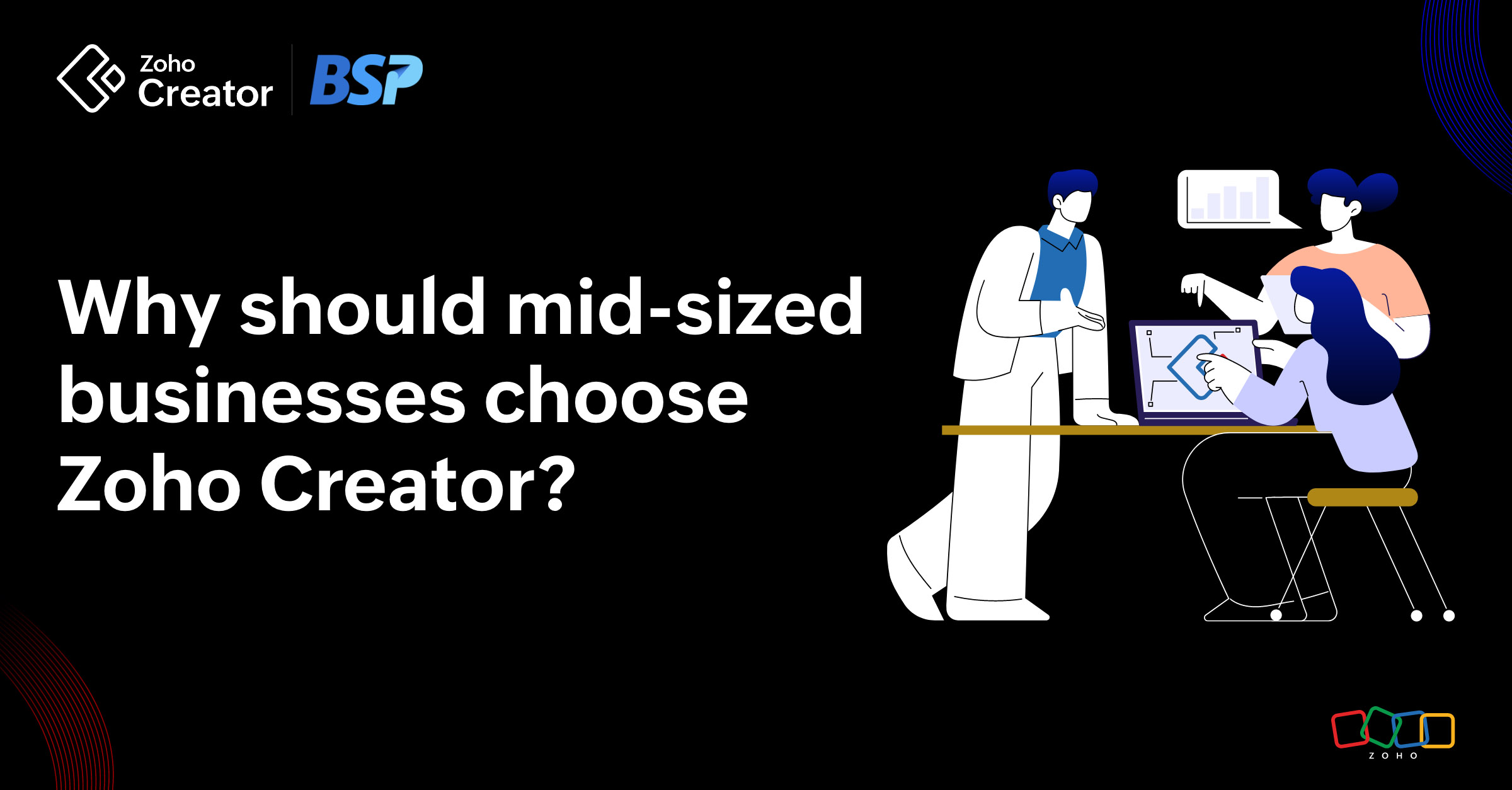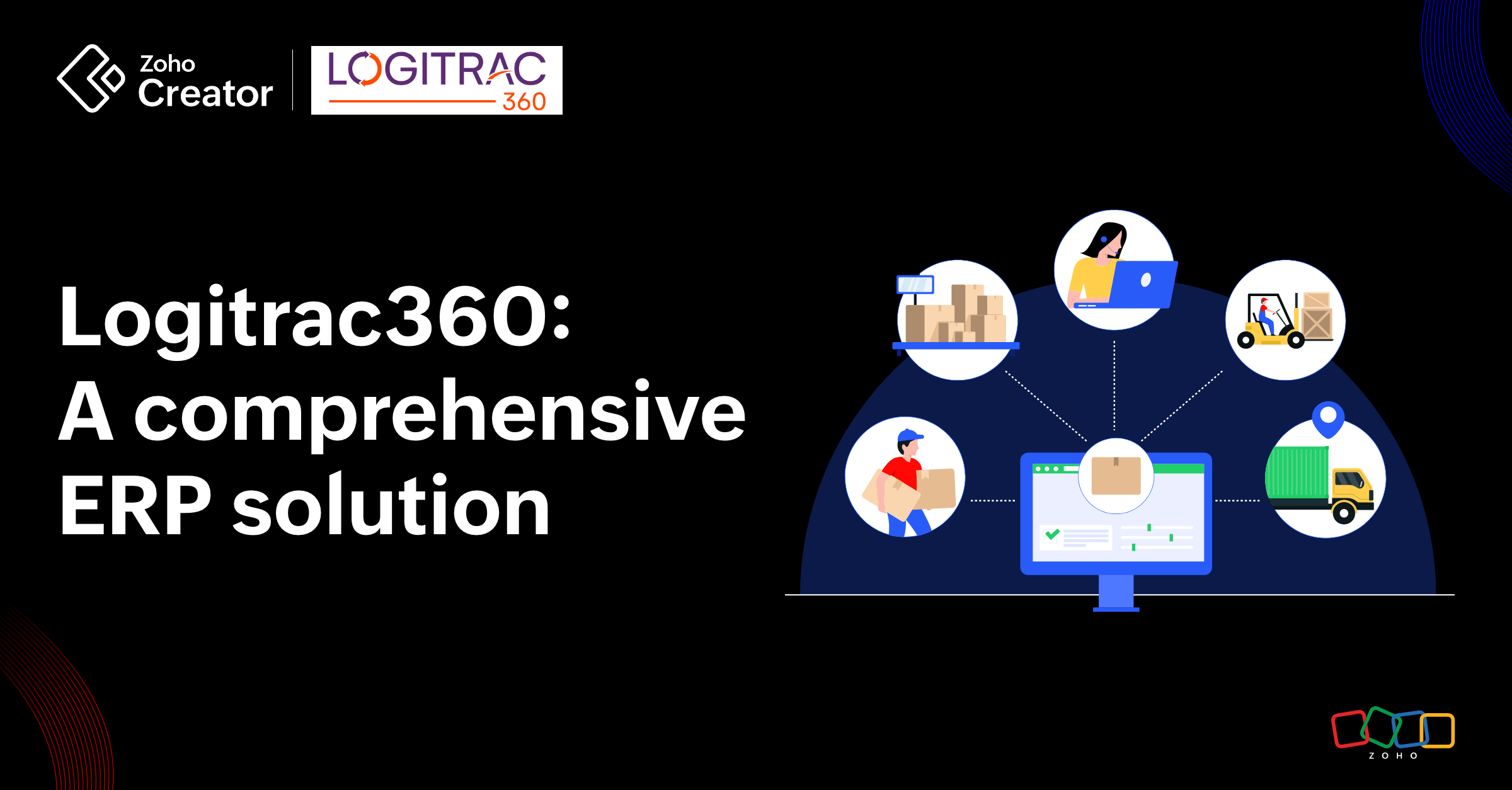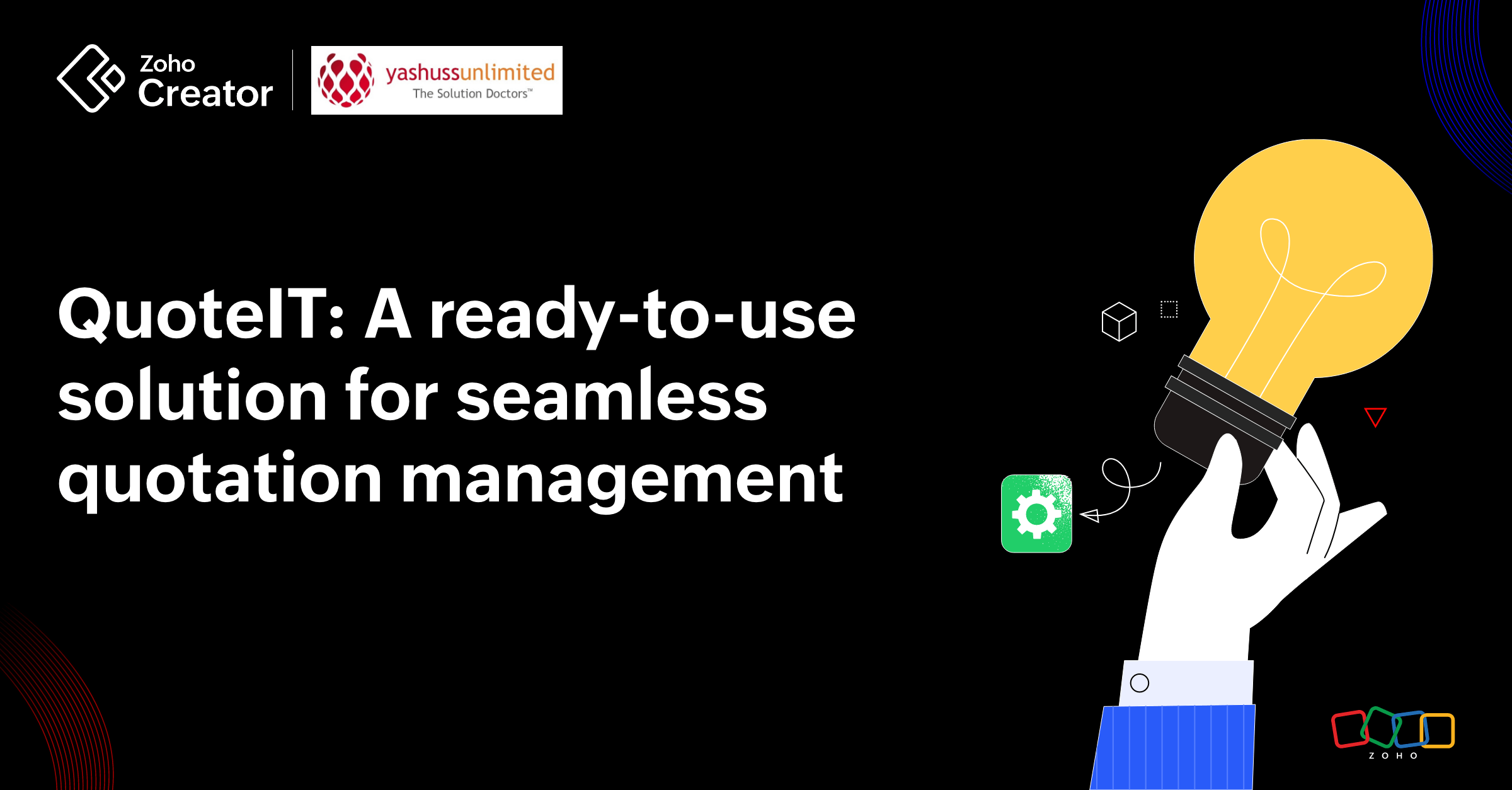- HOME
- Create Your Way
- Low-code: The gateway to AI for businesses
Low-code: The gateway to AI for businesses
- Last Updated : April 20, 2023
- 1.0K Views
- 4 Min Read

A byproduct of digital transformation is an unprecedented demand for more business applications and solutions. To meet this rise in consumer expectations and drive innovation, companies must keep pace with the latest technological trends.
Whether you're a tech company, or just a technology-driven one, it may be time to look into a technology that's showing a lot of momentum in 2021—artificial intelligence.
Business value through optimized AI
AI tools can help analyze large datasets, uncover strategic insights for better decision-making, and identify actions that maximize business value. AI capabilities, like machine learning, computer vision, and natural language processing, help increase profits, giving businesses the extra push they need to stay relevant. Let's take a look at some of the most important benefits of AI for businesses:
Planning inventory replenishment - AI helps analyze consumer demand and make forecasts on buying decisions.
Apps that “talk” to customers - Virtual assistants and chatbots integrated with a knowledge base help enhance customer self-service.
Smart automation that takes human input into account - Intelligent automation for routine tasks and improved productivity with state-of-the-art machine-learning algorithms.
Prioritize leads with AI-based predictions - ML algorithms can predict which leads are worth spending time on, which need attention, and which can wait. Sales teams can prioritize leads without relying on intuition.
Extend the service life of devices - Anomaly detection and AI-based predictive maintenance tools can prevent expensive outages and failures better than traditional failure detection methods. Anomaly detection tools alert the user when a device behaves erratically.
Improve customer service - AI apps can track customer browsing patterns, analyze previous purchase history, and present personalized buying options to help customers find the right products.
Apps that observe, learn, and adapt - AI apps aren't static—they evolve continually using historical data of consumer behavior for predictions.
Obstacles to AI adoption
Even after the pandemic, the potential value proposition of artificial intelligence has only grown. With Edge AI, automation AI, AI transplants, predictive AI, and AI in image recognition and video analytics, artificial intelligence provides an unprecedented opportunity to leverage groundbreaking digital capabilities.
However, while IT leaders and decision-makers recognize the merits of AI technology, many businesses still can’t find their way to implementation. Artificial intelligence development is a high-tech niche engineering technology with high demand and a shallow talent pool. It requires in-depth knowledge of coding, advanced software engineering skills, and significant development experience.
The lack of AI/ML specialists, integration know-how, and effective data access present significant difficulties for AI adoption. For this reason, user-friendly AI platforms that allow business users to quickly build models can be invaluable for deploying AI at an enterprise scale.
Platforms that drive AI adoption
Low-code platforms, integrated with AI and ML technologies, are the game-changers driving AI adoption for application development. AI-powered low-code platforms simplify the app-building process with readymade visual elements on GUIs, bringing AI software development closer to business users, without hand-written code or AI specialists.
Most leading low-code platforms offer prebuilt AI models and simplified workflows with features like drag-and-drop modeling and visual interfaces, enabling businesses to run complex predictions and analytics on data efficiently.
What is a low-code AI platform?
Low-code AI platforms let you build intelligent business applications with little to no coding and the power of AI. A low-code AI builder makes deep learning more accessible to citizen developers, allowing you to quickly implement and test AI models without having to write code, as well as create smart solutions in no time.
Low-code helps democratize access to AI functionality, augment existing engineering processes with predictive suggestions, and provide code-improvement opportunities, for more intuitive applications.
Benefits of low-code AI platforms
Businesses using low-code platforms for AI development benefit from:
Machine-learning capabilities that allow non-AI experts to create AI applications from predefined components
The flexibility of low-code solutions and hassle-free customization of apps
Intuitive visual graphical user interfaces with readymade elements for simplified app development
The platform acting as the bridge between citizen developers and AI development
The speed of solution development and shorter time to market
Massive cost cuts on development, with the ease of low-code software creation
What to look for in an AI app-building platform
No doubt, AI is here to stay, and enterprises have started employing AI software for everything from handling social media data to enhancing engagement in customer relationships.
Here are some essential features that you should be looking for on an AI platform, to address the specific needs of your business:
Cross-platform application development capabilities
Deep learning capabilities, like image and speech recognition
Process automation features for manual processes using visual modeling practice
Operational predictive capabilities, to make forecasts on everything from purchases to medical treatment decisions
Chatbots to communicate with the customer through text or voice conversations
Machine learning algorithms that adapt to your business environment
On data-driven decision-making
Amidst the global shift to digital solutions, there are some common barriers to business advancement that most companies face—and the most notable of them is faulty decision-making.
The explosion in data (customer information, products, operations, support, marketing, other interconnected systems) is accompanied by numerous changes in business environments, and often companies fail to respond effectively. When suboptimal decisions are being made across an enterprise at a large scale, it creates limitations that can result in massive setbacks.
Low-code AI app builders, like Zoho Creator, can help data experts rapidly create intelligent applications that help with identifying trends/patterns and generating insights for analysis and decision-making.
What’s next?
Gartner anticipates that by 2025, 70% of all organizations will have operationalizing AI architectures due to rapid AI orchestration initiatives. While progress in machine learning, computer vision, chatbots, and Edge AI drive artificial intelligence adoption, it's these very trends that still dominate Gartner's Hype Cycle for 2021.
As AI continues to grow smarter, powering a growing number of enterprises, applications, and devices, and simplifying consumers' day-to-day lives, it's steadily shaping up to be the core groundwork for the application development landscape of tomorrow.
 Rashmi Sasi
Rashmi SasiProduct marketer at Zoho Creator, where she researches and creates content about all things low-code. Writer by day, reader by night, into eclectic books and long sentences, sci-fi enthusiast, and novice painter. Dislikes character limits.



